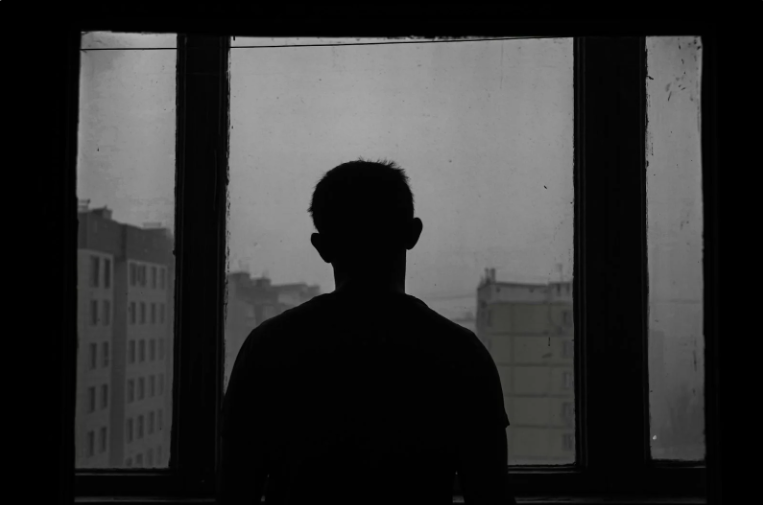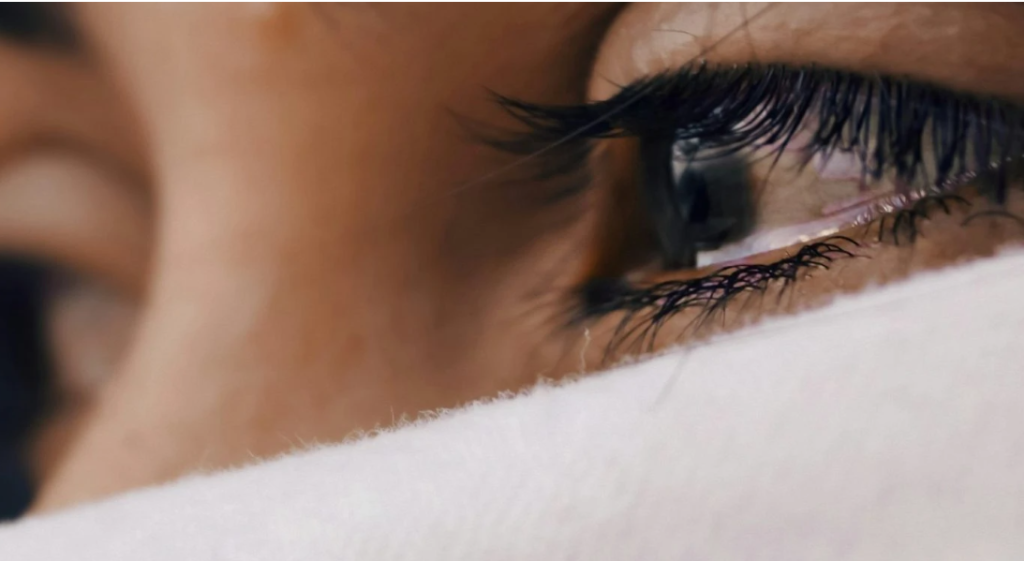Depression’s Signs Can Be Detected Through the Eyes.
Others are reading now
German scientists have discovered that pupil dilation in response to anticipated rewards can reveal signs of depression, casting new light on the adage “the eyes are the mirror of the soul.”
This breakthrough, by researchers at the Max Planck Institute of Psychiatry and detailed in Scientific Reports, leverages the natural response of pupil dilation to potential earnings, a reaction notably absent in many with clinical depression.
In this innovative study, scientists observed that individuals with depression often lack the expected physiological response to reward anticipation, a phenomenon especially pronounced in those reporting a loss of pleasure and energy—common symptoms of depression.
Also read
This finding suggests that depression might impair the brain’s reward system, preventing the usual dilation of pupils seen in healthy individuals.
The study involved 40 untreated depression patients and 31 healthy participants undergoing computer tasks while their pupil responses were measured.
The tasks were designed to signal the chance of earning a monetary reward, with the fastest responses being rewarded. Interestingly, in patients experiencing greater apathy, a limited pupil response suggested a lack of activation in the part of the brain responsible for producing noradrenaline, which could underlie feelings of apathy.

As depression affects approximately one in ten people globally, yet lacks approved biomarkers for diagnosis, this eye-tracking technique could revolutionize how the condition is diagnosed and treated.
It has the potential to classify individuals with depression into subgroups or monitor their treatment response, addressing the urgent need for a deeper understanding of depression’s physiological mechanisms and refining diagnostic and therapeutic approaches.

